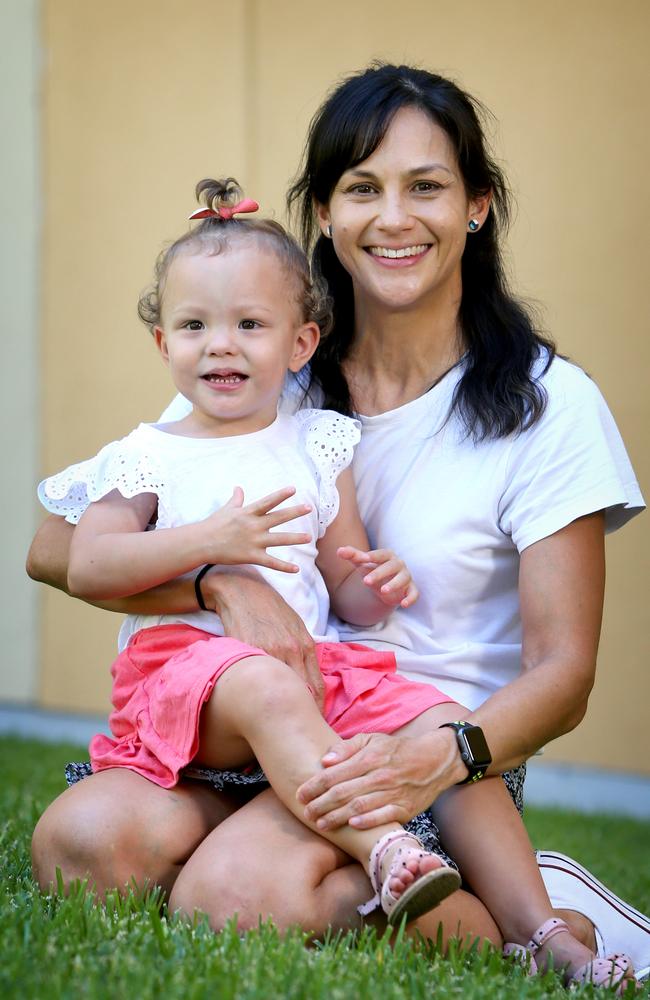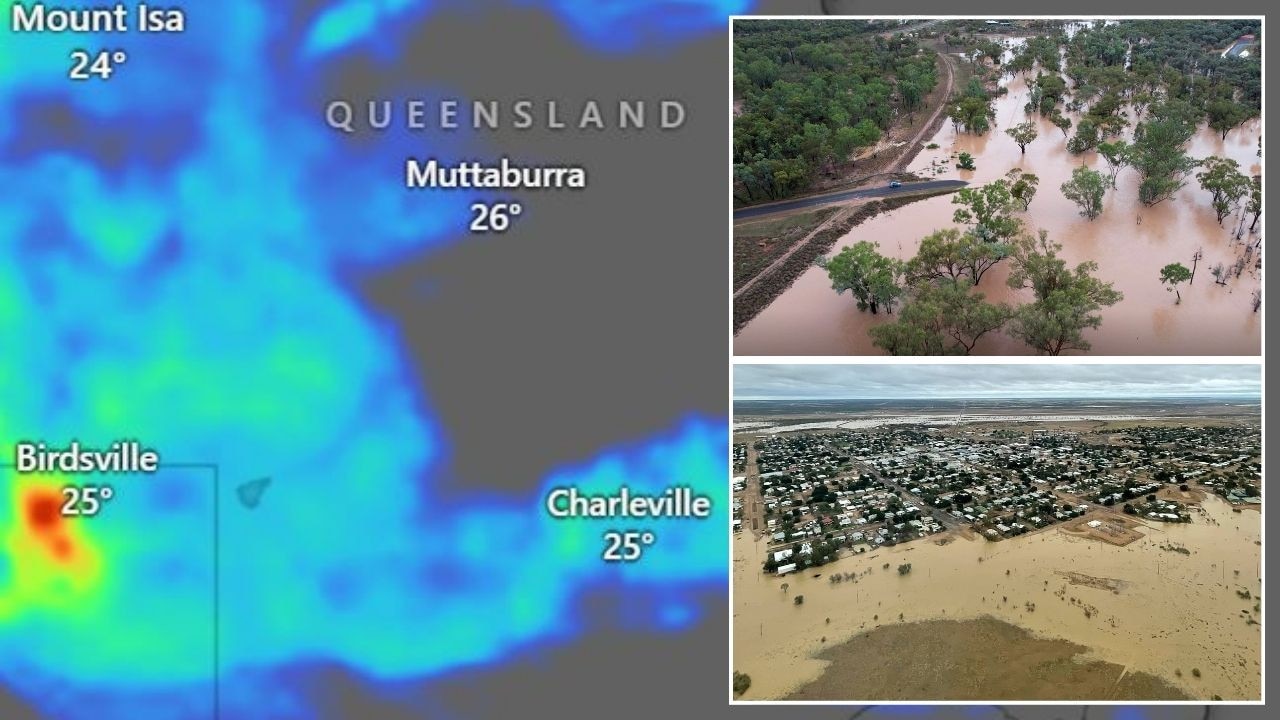World-first Qld study aims to cut cerebral palsy risk in premature babies
Queensland researchers have launched a world-first study of 1600 premature babies in the hope of identifying a potential treatment to reduce their risk of cerebral palsy.
QLD News
Don't miss out on the headlines from QLD News. Followed categories will be added to My News.
Queensland researchers have launched a world-first study into whether sulphate deficiency in premature babies increases their risk of cerebral palsy.
Mater Research scientists are analysing blood samples from 1600 extremely premature babies, and tracking their development for two years, to determine whether those with low sulphate levels at birth go on to develop the physical disability.
If they can prove a connection, their study may pave the way for sulphate supplementation in pre-term babies to reduce their chances of developing cerebral palsy.
PREGNANT WOMEN TESTING NEW VACCINE
QLDERS TRIAL NEEDLE-FREE COVID-19 VACCINE

Two-and-a-half-year-old Chloe Neyland is among the children taking part in the study. She was born at 24 weeks’, weighing just 800g, and has mild cerebral palsy affecting both her legs.
Mater scientist Paul Dawson, one of the leaders of the research, dubbed the SuPreme study, said that of the 3500 surviving babies born before 32 weeks’ gestation in Australia each year, 300 would face life-long disabilities, including cerebral palsy.
He and Mater neonatologist Elizabeth Hurrion were the first researchers in the world to show pre-term babies rapidly become sulphate deficient, unless their mothers have received magnesium sulphate before giving birth.
“Magnesium sulphate given to mothers shortly before pre-term birth has been shown to reduce the risk of cerebral palsy,” Associate Professor Dawson said.
“However, almost half of all eligible mothers in pre-term labour deliver before treatment can be given.”
While it has been suggested the protective effect is due to the magnesium, Mater research suggests it’s the sulphate that is protective.
Dr Hurrion, a co-leader of the SuPreme study, said it would probe whether or not sulphate deficiency in premature babies predisposed them to developing cerebral palsy.
“The babies in the study have multiple blood tests for sulphate levels in the first weeks after birth,” she said.
“If we find that low levels of sulphate make cerebral palsy more likely, we can then test whether giving sulphate supplements to premature babies after birth can prevent the disability.”
Dr Hurrion said rates of premature babies developing cerebral palsy had not budged over many years, despite strides made in other areas of neonatal care.

“We’ve reduced deaths from premature birth, we’ve reduced some types of disability, but we haven’t touched cerebral palsy,” she said.
While sulphate levels may prove important, Dr Hurrion said other issues also played a part in the development of cerebral palsy and its severity.
“Chloe’s family has been fantastic in taking her to physiotherapy and doing lots of exercises at home, which has helped Chloe learn to walk and run,” she said.
The study has been assisted by Golden Casket’s annual $500,000 to the Mater Foundation.



